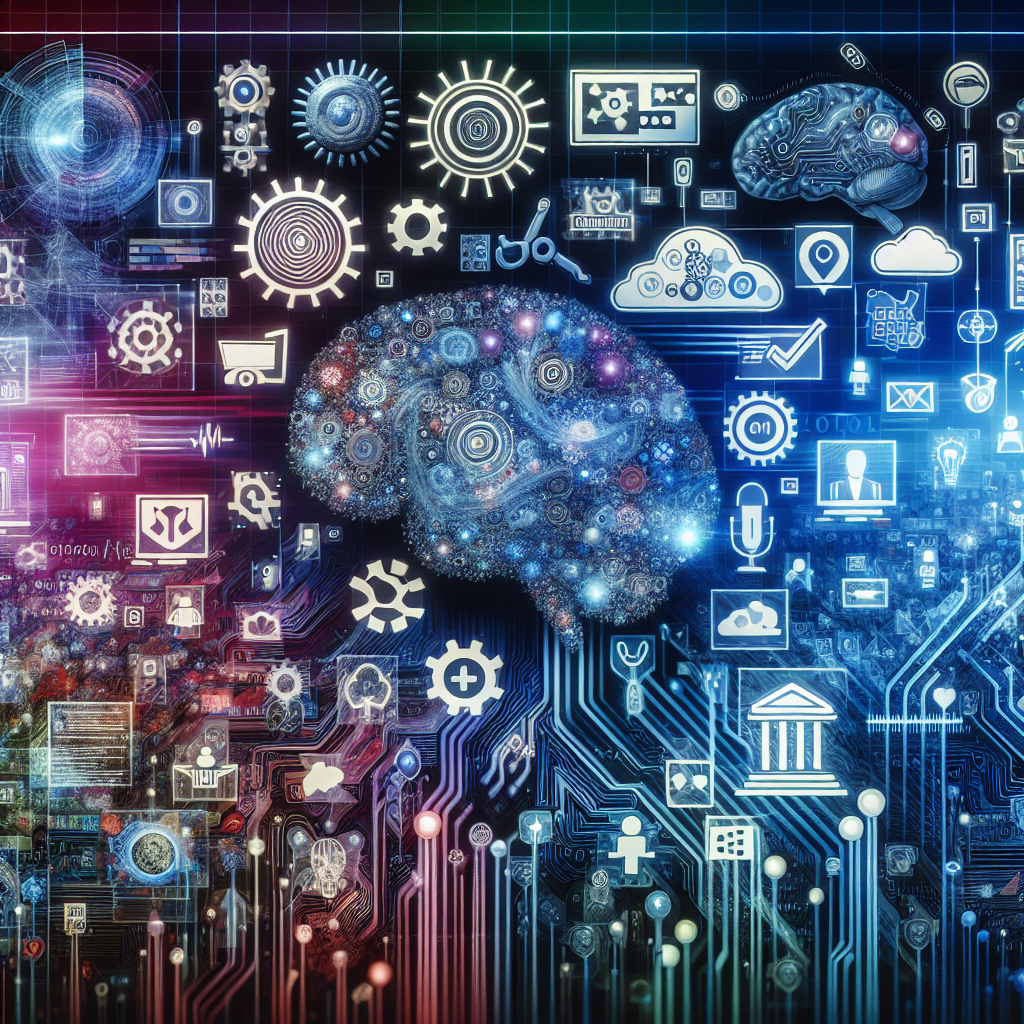In recent years, artificial intelligence (AI) has become an increasingly important tool in political campaigns. AI software has the ability to analyze vast amounts of data quickly and efficiently, providing valuable insights into voter behavior, preferences, and trends. This technology has the potential to revolutionize the way political campaigns are run, allowing candidates to target their messages more effectively and reach voters in new and innovative ways.
The Impact of AI Software on Political Campaigns
One of the key advantages of using AI software in political campaigns is its ability to analyze large amounts of data in real time. By collecting data from social media, online surveys, and other sources, AI software can provide valuable insights into voter demographics, preferences, and behavior. This information can then be used to create targeted messaging strategies that are more likely to resonate with specific groups of voters.
AI software can also be used to predict voter behavior and trends, allowing campaigns to adjust their strategies accordingly. For example, AI algorithms can analyze social media posts and other online activity to identify key issues that are important to voters. Campaigns can then tailor their messaging to focus on these issues, increasing the likelihood of reaching and engaging with potential supporters.
Another important application of AI software in political campaigns is in the area of voter outreach and mobilization. By analyzing voter data, campaigns can identify potential supporters who may be undecided or apathetic and target them with personalized messages to encourage them to get out and vote. This targeted approach can help campaigns maximize their resources and reach the voters who are most likely to be swayed by their message.
AI software can also be used to monitor and analyze the effectiveness of campaign strategies in real time. By tracking metrics such as social media engagement, website traffic, and online donations, campaigns can quickly identify what is working and what is not, allowing them to adjust their tactics as needed. This real-time feedback loop can help campaigns stay nimble and responsive in an ever-changing political landscape.
One of the most controversial uses of AI software in political campaigns is in the area of microtargeting. This practice involves using data analytics to identify specific groups of voters and target them with personalized messages tailored to their interests and beliefs. While microtargeting can be an effective way to reach voters with relevant information, it has also raised concerns about privacy and the potential for manipulation.
Overall, the impact of AI software on political campaigns is still being explored and debated. While there are clear benefits to using AI technology to analyze data, target messages, and mobilize voters, there are also risks and ethical considerations that must be taken into account. As AI continues to evolve and become more sophisticated, it will be important for campaigns to use this technology responsibly and ethically to ensure that it is used to enhance democracy rather than undermine it.
FAQs
Q: How is AI software used in political campaigns?
A: AI software is used in political campaigns to analyze data, predict voter behavior, target messaging, mobilize voters, and monitor campaign effectiveness in real time.
Q: What are the benefits of using AI software in political campaigns?
A: The benefits of using AI software in political campaigns include the ability to analyze large amounts of data quickly and efficiently, predict voter behavior, target messaging to specific groups of voters, mobilize supporters, and monitor campaign effectiveness in real time.
Q: What are the risks of using AI software in political campaigns?
A: The risks of using AI software in political campaigns include concerns about privacy, data security, manipulation, and ethical considerations related to microtargeting and the use of personal data.
Q: How can campaigns use AI software responsibly and ethically?
A: Campaigns can use AI software responsibly and ethically by being transparent about how data is collected and used, obtaining consent from voters before using their personal information, and ensuring that AI technology is used to enhance democracy rather than undermine it.

